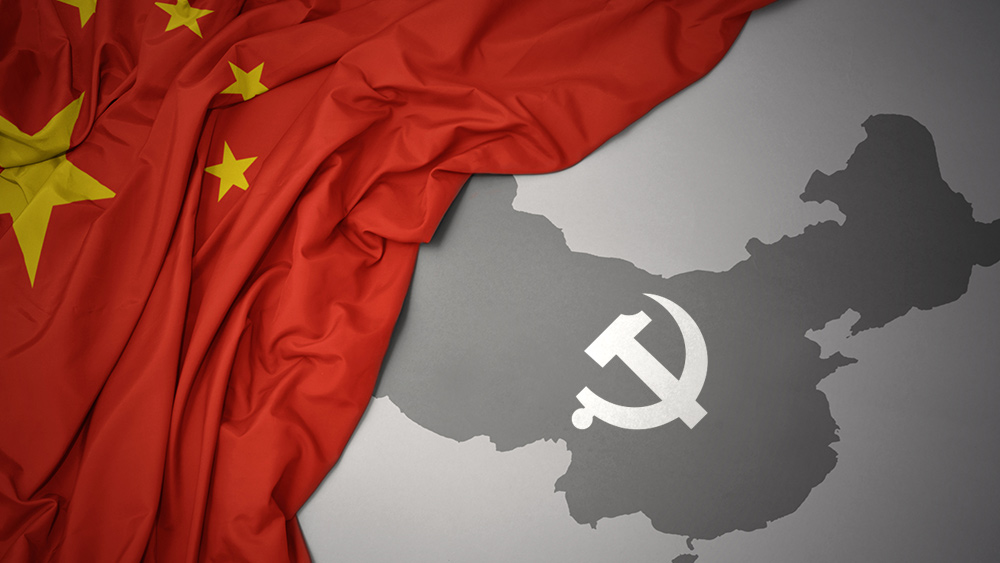 Parler
Parler Gab
Gab
Why do wealthy left-wing Americans love communism so much?
Kaye, it turns out, is an "American parent in China" – her own words. Raising her children there "sometimes felt as if [they] were on loan to us for evenings and weekends, to be delivered back to school each weekday." In other words, the CCP owns people's children during the weekdays, during which it brainwashes them into communism. Then, when the day is over, the kids are returned back to their biological parents – something Kaye apparently thinks is really awesome. The reason why Kaye and her family live in communist China is because of her work in the fashion industry, which brought her to Shanghai for 16 years. She described the communist Chinese way of life in her article with "government co-parenting begins in the womb." "Chinese citizens have faced limits on how many children they were allowed under birth control policies that have since been relaxed," Kaye wrote. "People in China are still legally barred from determining the gender of their unborn babies unless medically necessary, because of a history of sex-selective abortions." As an American living in communist China, Kaye is exempt from these rules, which is likely part of the reason why her experience living there is more positive than that of the natives. One thing Kaye did have to accept, though, is "that my growing belly had become community property, subject to unsolicited rubbing and sidewalk commentary ('It's a boy. I can tell!'), and that restaurants would refuse to serve me cold beverages." From the start, Kaye and her family had two choices: either send the kids to pricey international schools for rich Americans or send them to local schools, which are directly overseen by the government and its emphasis on "Chinese culture and values." Having "weighed the pros of the Chinese route (our girls would learn fluent Mandarin and, hopefully, a broadened worldview) and the cons (exposure to Communist Party propaganda and potential social isolation of being foreigners in a group of Chinese students)," Kaye explained, "We took the plunge" and sent them to local communist schools. "Constantly served up moral, history and culture lessons on pulling together for the sake of the Chinese nation, our girls came home discussing self-discipline, integrity and respect for elders," Kaye further celebrated in her article. "Ironically, the tight control of the Communist Party surveillance state results in its own kind of freedom: With crime and personal safety concerns virtually eliminated, our daughters were riding the subway unsupervised in a city of around 26 million people from the age of 11." More stories like this one can be found at Communism.news. Sources for this article include: Breitbart.com NaturalNews.comEU pressures Elon Musk to be fully compliant with bloc’s new social media regulations
By Belle Carter // Share
Governments continue to obscure COVID-19 vaccine data amid rising concerns over excess deaths
By patricklewis // Share
Tech giant Microsoft backs EXTINCTION with its support of carbon capture programs
By ramontomeydw // Share
Germany to resume arms exports to Israel despite repeated ceasefire violations
By isabelle // Share










